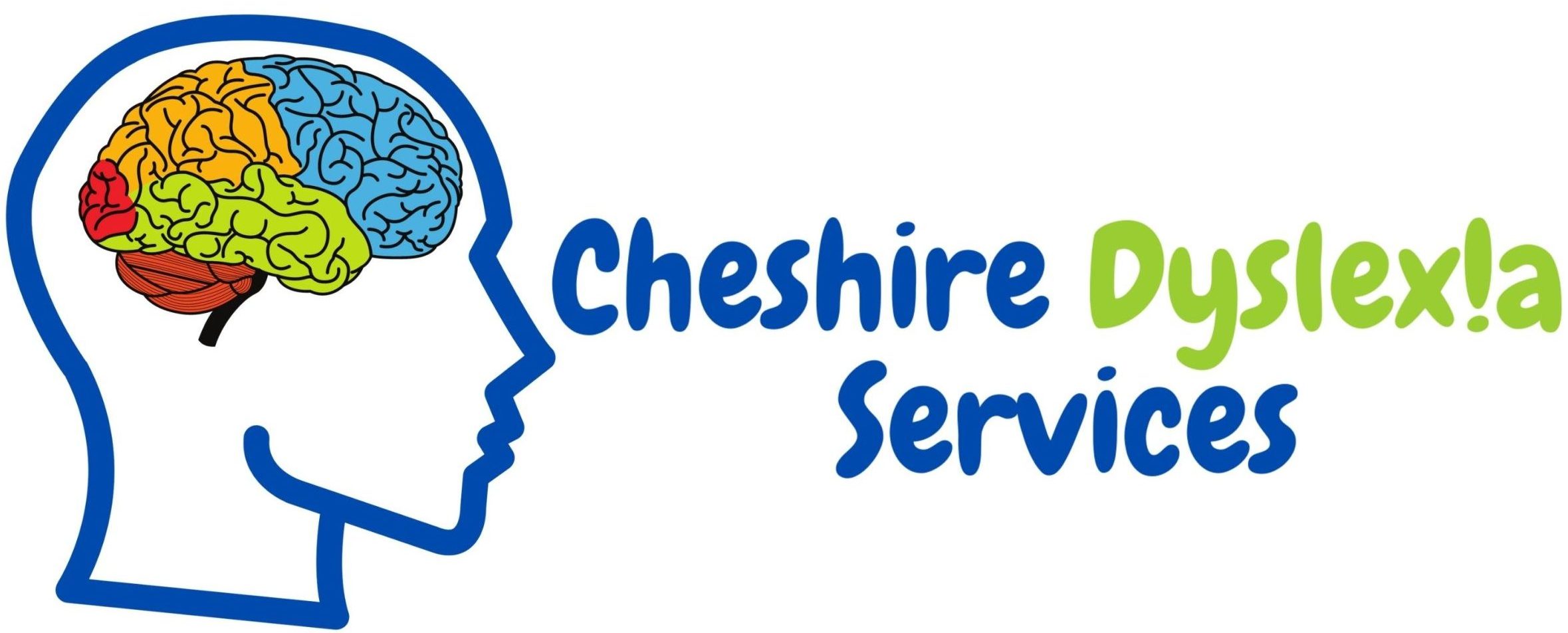SEEING DYSLEXIA DIFFERENTLY!
WHAT IS DYSLEXIA?
Dyslexia is a neurological condition that can affects a person's ability to read, write, and spell accurately and fluently, despite having average or above-average intelligence and receiving adequate learning time. It is a lifelong condition that often becomes apparent in early childhood, when children start learning to read. Dyslexic individuals typically struggle with recognising and processing phonemes, the smallest units of sound in language, which makes it challenging for them to decode and understand written words. This can lead to difficulties in reading comprehension, spelling, and writing.
WRITING
Dyslexia can make it difficult to get ideas written down on paper which can often impact the enjoyment that someone may have for writing based activities. It can also impact the organisation of writing and being unable to find the right vocabulary is also a common impact.
READING
Difficulties in blending words and losing your place when reading a text can be common difficulties. Many dyslexic individuals report having to re-read the same piece of text multiple times and reading comprehension can be a complex task to navigate!
SPELLING
Dyslexia can make it tricky to visualise words and segment sounds and this can have a huge impact on a young person's spelling accuracy. It can be common to forget what words 'look like' and smaller sounds can cause confusion which can again impact accuracy.
MEMORY DIFFICULTIES
Many individuals with dyslexia have difficulties in being able to recall numbers, words and sequences. Dyslexia can impact simple things such as knowing the order of the days of the week or the alphabet! Memory difficulties can impact many areas of daily life.
SEQUENCING DIFFICULTIES
Dyslexia can make everyday tasks such as telling the time, knowing left from right and orientation skills difficult (map reading etc.). Such sequencing difficulties can also have an impact on spellings as it can make sequencing of individuals letters of sounds tricky too.
LANGUAGE
Dyslexia can impact the ability to note take accurately and it can also result in mispronunciation of common words. Some individuals often find that their words come out back to front and all jumbled up when speaking or writing and this can be as a result of dyslexia.
The 2025 Delphi Definition of Dyslexia
Nature
The nature and developmental trajectory of dyslexia depends on multiple genetic and environmental influences.
Manifestation
Dyslexia is a set of processing difficulties that affect the acquisition of reading and spelling. The most commonly observed cognitive impairment in dyslexia is a difficulty in phonological processing (i.e. in phonological awareness, phonological processing speed or phonological memory). However, phonological difficulties do not fully explain the variability that is observed. Working memory, processing speed and orthographic skills can contribute to the impact of dyslexia.
Impact
In dyslexia, some or all aspects of literacy attainment are weak in relation to age, standard teaching and instruction, and level of other attainments. Across languages and age groups, difficulties in reading fluency and spelling are a key marker of dyslexia
Variance and Co-occurrence
Dyslexic difficulties exist on a continuum and can be experienced to various degrees of severity. Dyslexia can affect the acquisition of other skills, such as mathematics, reading comprehension or learning another language. Dyslexia frequently co-occurs with one or more other developmental difficulties, including developmental language disorder, dyscalculia, ADHD, and developmental coordination disorder.
Carroll, J., Holden, C., Kirby, P., Snowling, M. J., & Thompson, P.A. (2025) Journal of Child Psychology and Psychiatry.
FAMOUS PEOPLE WITH DYSLEXIA
"We should support and celebrate all types of neurodiversity and encourage children's imagination, creativity and problem solving."

RICHARD BRANSON
Entrepreneur
“I am a slow reader. I always loved words, which is a strange thing given that I couldn't actually read them."

KEIRA KNIGHTLE
Actress & Model
"I had to train myself to focus my attention. I became very visual and learned how to create mental images in order to comprehend what I read."

TOM CRUISE
Actor
IMPACTS OF DYSLEXIA
The impact of dyslexia on children can be profound and far-reaching. It can impact their self-esteem and self-confidence as they often face frustration and academic challenges that their peers may not experience. In addition to academic challenges, dyslexia can affect a child's social and emotional well-being, making it crucial for educators, parents, and caregivers to provide support, early intervention, and specialised instruction tailored to their needs. With appropriate strategies and interventions, many children with dyslexia can learn to read and thrive academically and personally, underscoring the importance of recognising and addressing this condition in a timely manner.
